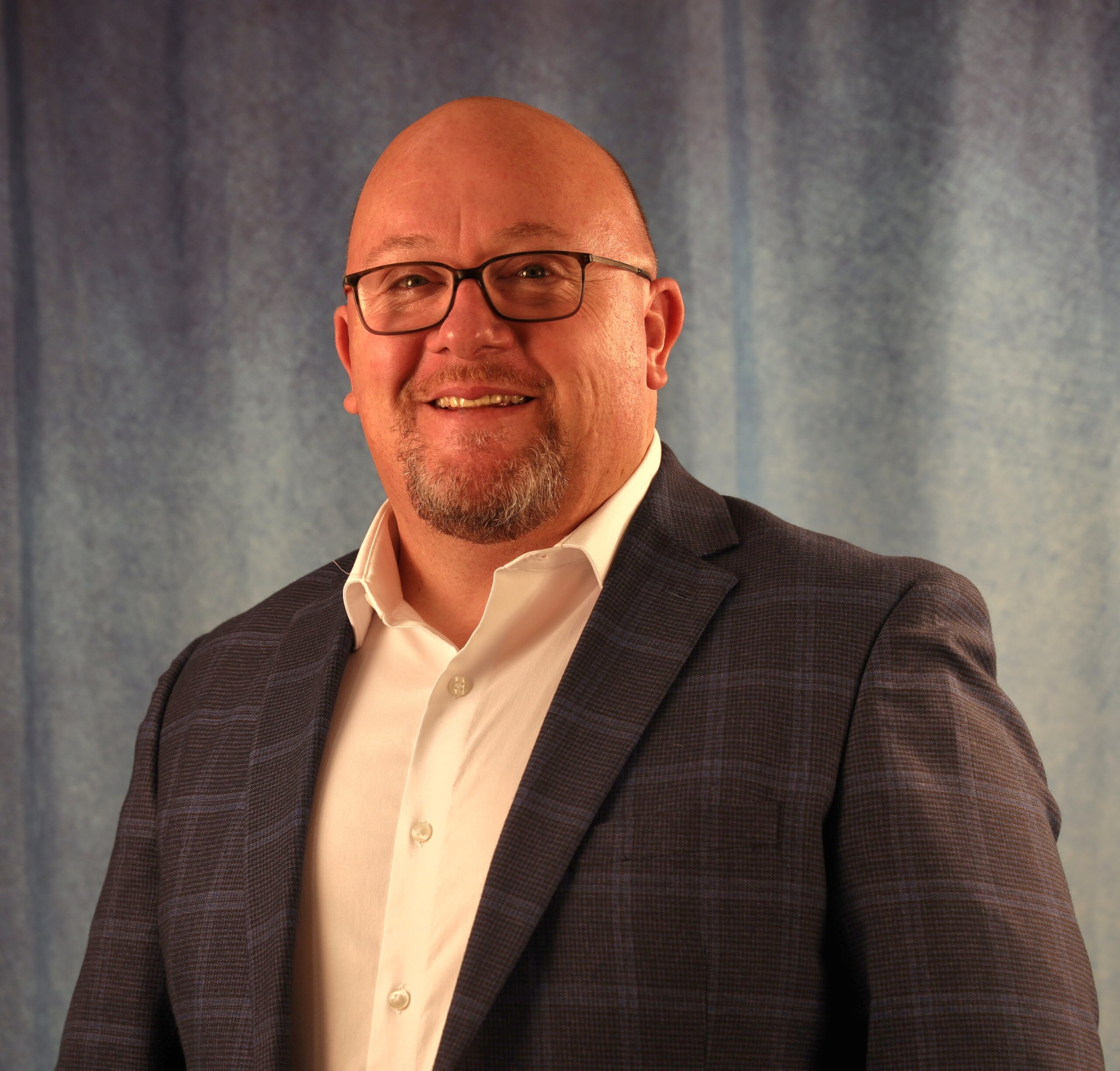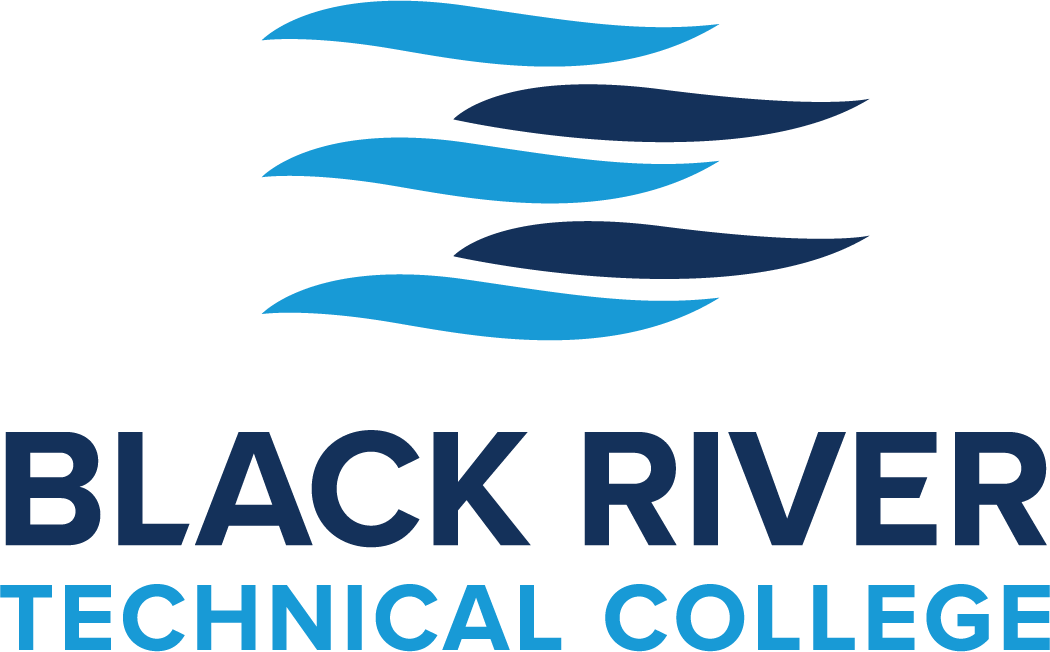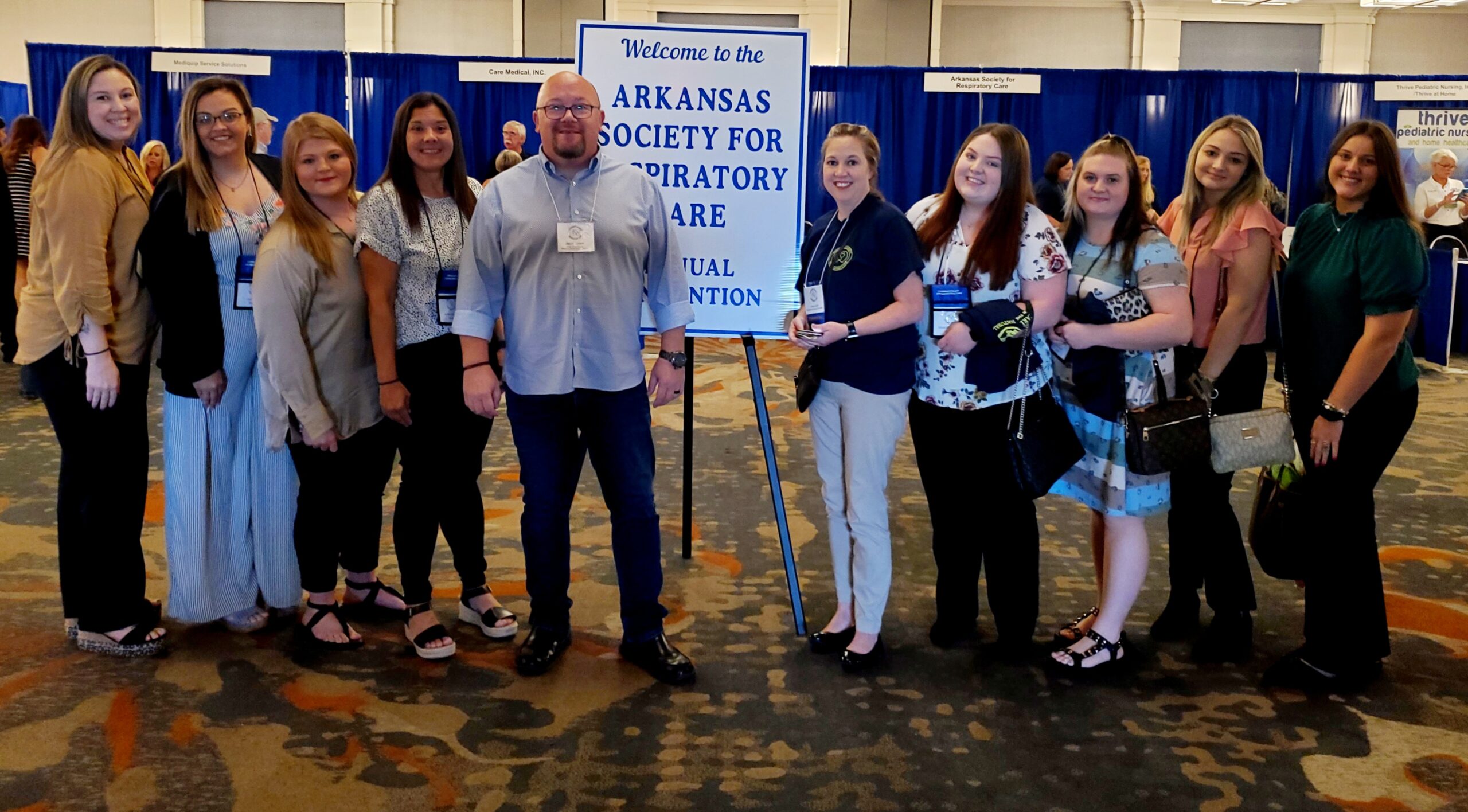
About the Program
The Respiratory Care program is 18-months in length and begins in January each year. Applications for the program open Feb 1st of each year and close at the end of Fall term.
Program Mission Statement
To prepare graduates with demonstrative competence in the cognitive (knowledge), psychomotor (skills), and affective (behavior) learning domains of Respiratory Care practice as performed by Registered Respiratory Therapist (RRTs).
Degree Plans
Other Information
How to Apply to a BRTC Respiratory Program
Have Your 1-Page Essay Available
Submit your essay while completing the application.
Have Transcripts Available
You will need your transcripts in order to complete the application.
Complete Respiratory Application
Click on the application link and create a username and password.
Respiratory Care Contacts
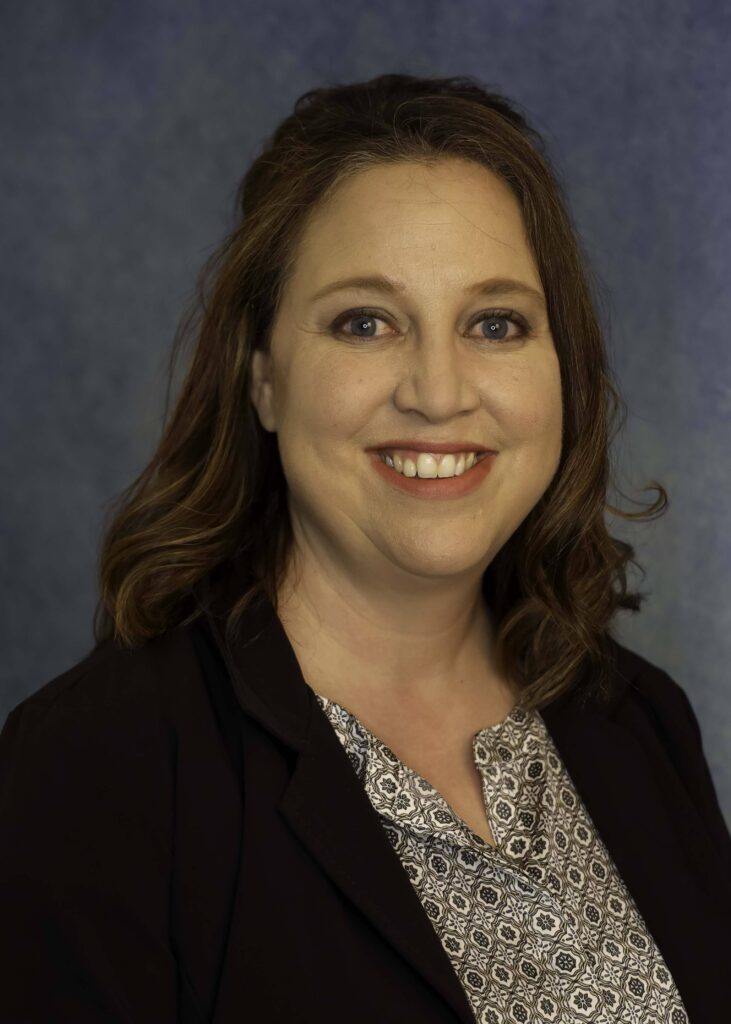
A.A., A.A.S., Black River Technical College; B.S., Grand Canyon University

Alphin, Jessica
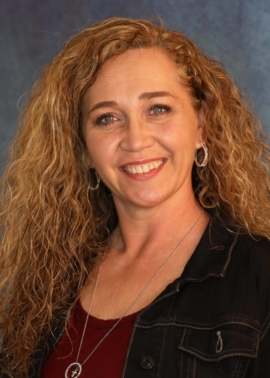
A.A.S., A.A., Black River Technical College; B.A., University of Arkansas at Little Rock

Clay, Dana


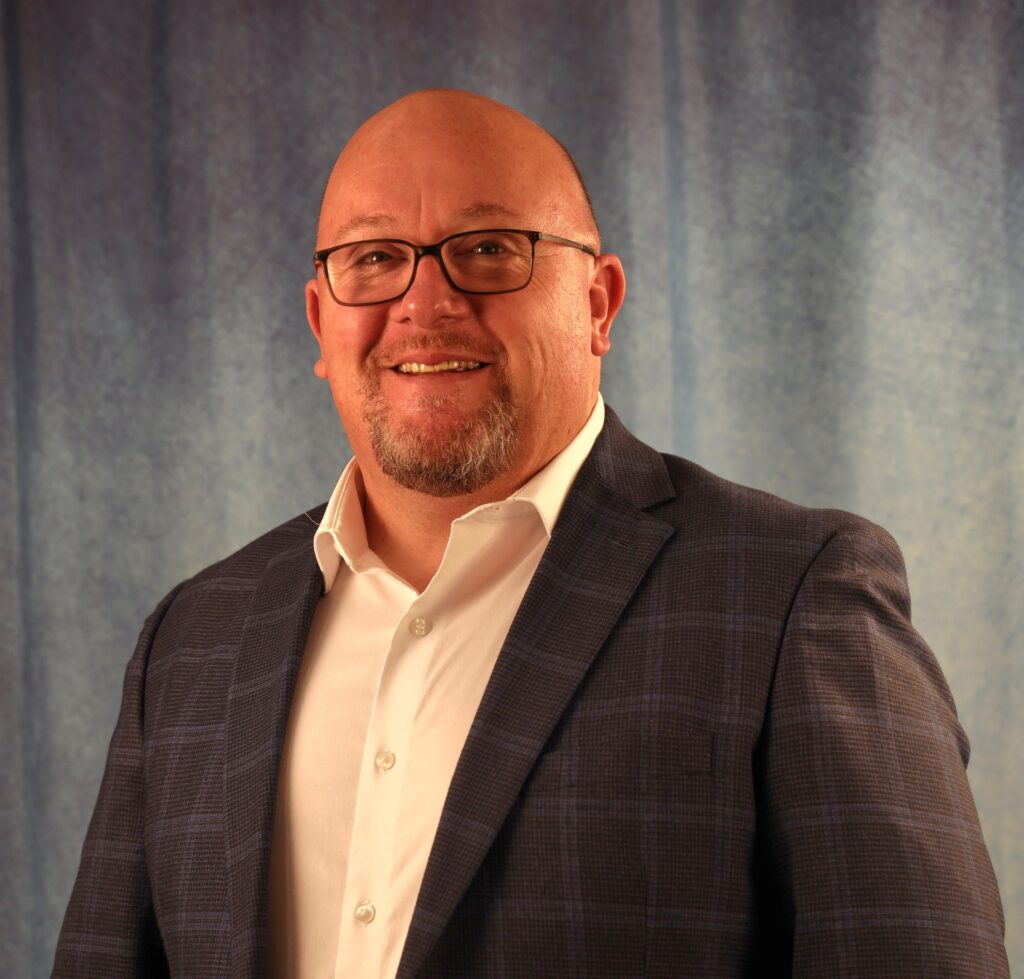
A.A.S, A.A., Black River Technical College; B.S., Southern New Hampshire University
